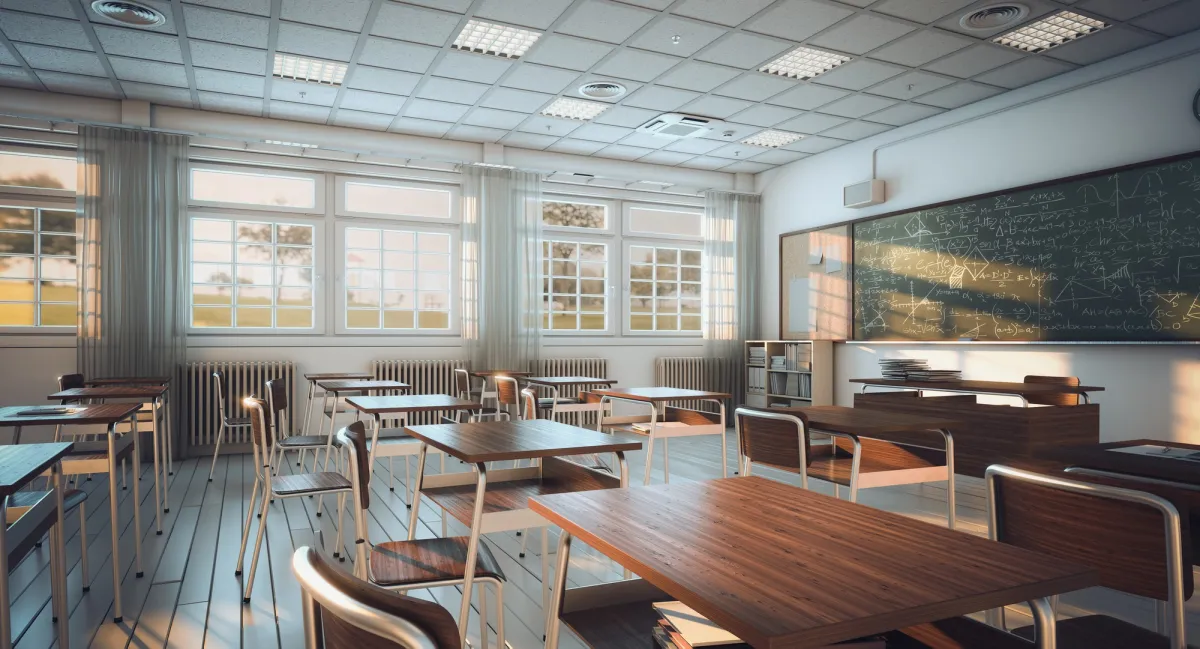The "In-School Morality" Development Project by Yuvabadhana Foundation: Fostering Goodness from Within Schools
The "In-School Morality" program under the Yuvabadhana Foundation is a project that aims to promote good moral behavior in schools. Currently, 394 schools have joined the network since the project started on 2 January 2019.
Cooperation to Build "Morality in Schools"
The project focuses on a participatory process through the Moral Project in promoting learning and actual practice of students, teachers, school administrators, parents, education committees, and the community. This is done by guiding lead teachers, lead students, and school administrators to push for the project's success, reduce unwanted behavior, and foster self-discipline and responsibility. The goal is to improve the students' behavior to meet the schools' desires.
In-School Morality Development Process
For a school to succeed in having a lasting impact on moral development and in having students continue practicing good moral behavior, these four criteria need to be met:
- Participation of everyone in the school: Everyone in the school must actively participate, including students, administrators, teachers, and all other faculty involved;
- Bottom-up reform: The goal is to improve students' behavior specifically, so the process should start with the students. The school should therefore enact policies tailored to the needs of the students above all;
- Community participation: The school must have the participation of more than just staff and students, so it needs to encourage parents and the surrounding community to play active roles as well;
- Continuance and regularity: In order to reinforce its lessons of good morals, the school should continue to engage students with good morality. Schools should try to incorporate lessons on good behavior into all aspects of the curriculum.
Morality school development process
- Create acknowledgment and acceptance of good morals in school;
- Develop leadership among teachers and students regarding morality;
- Set goals and determine the desired change (School Morality Identity);
- Craft a procedure to achieve the set goal;
- Implement the procedure to achieve the desired change;
- Create a mechanism to sustain good morality and behavior.
In-School Morality Project can improve problematic behavior, including the following:
- Lack of discipline, such as being late to school, skipping school, not following the dress code, inappropriate use of cell phones, and not wearing a helmet when required;
- Being disorderly, not appropriately lining up, being disrespectful, and using foul language;
- Lack of responsibility, such as not paying attention in class, cheating on assignments, not doing homework, failing classes, not turning off the water or light after use, not picking up after themselves, not being mindful of others;
- Lack of honesty, such as stealing, lying, cheating;
- Risky behavior, such as being aggressive, smoking, drinking alcohol, gambling, fighting, being addicted to games, wasting money, destroying public property, bullying, getting pregnant while in school.
Indicators of Successful In-School Moral Development
A school can evaluate its success of the In-School Morality Development program by observing the following seven indicators:
- Having a process to propel development of morals and ethics that considers good teacher-student relations, overall student happiness, cleanliness of the school, etc.;
- Having a mechanism and using the project as a resource, such as planning, having a working body, etc.;
- Increase in desirable behavior in school;
- Reduction of undesired behavior in school;
- Having a process for participation of the whole school that also involves parents and the community;
- Having knowledge and innovation in promoting proper morals and ethics in a way that is both creative and accepted;
- Being a center of education for morality and ethics.
Schools participating with the project:
There are currently 394 schools across 76 provinces participating in the project:
95 schools in the northern region;
79 schools in the northeastern region;
111 schools in the central region;
21 schools in the eastern region;
88 schools in the southern region.
Source: yuvabadhanafoundation.org
Address: 1 Soi Premium 2, Srinagarindra Road, Nong Bon Subdistrict, Prawet District, Bangkok 10250
Tel. +66 2301 1093
For more information
